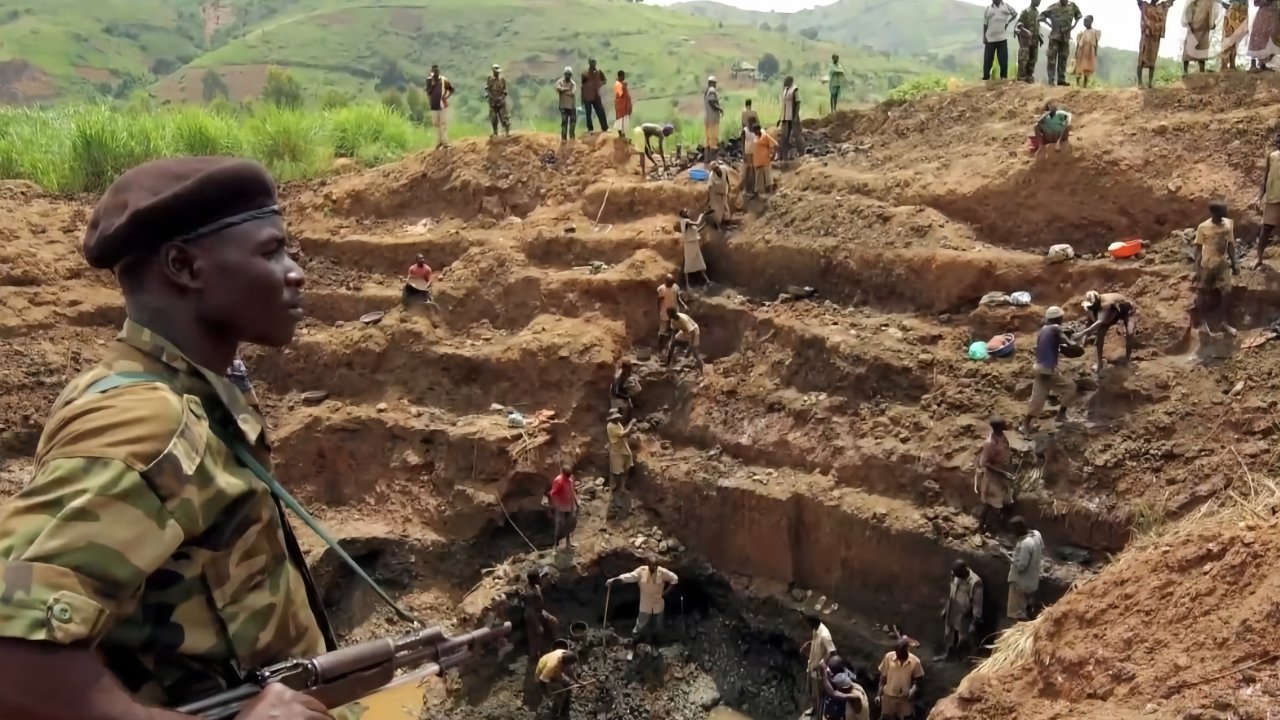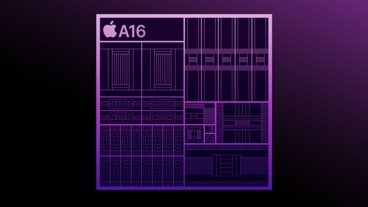The Democratic Republic of Congo has told Apple it believes the iPhone maker's supply chain is using materials linked to militia groups.
Apple and at least most Big Tech manufacturers have long been accused of sourcing tin, tungsten, and tantalum — the 3T materials — from regions where that means funding violent groups. In 2020, Apple revealed that it had stopped using 18 smelters and refiners for flouting the rules over these conflict materials.
Then in 2022, it ceased working with a further 12 suppliers over the issue.
Now as spotted by Bloomberg, however, the government of the Democratic Republic of Congo (DRC) is questioning the effectiveness of Apple's stated Supplier Code of Conduct. A group of international lawyers have written to Apple CEO Tim Cook and Apple subsidiaries in France, asking for answers within three weeks.
"[Year] after year, Apple has sold technology made with minerals sourced from a region whose population is being devastated by grave violations of human rights," wrote lawyer Robert Amsterdam says on his blog.
"Although Apple has affirmed that it verifies the origins of minerals it uses to manufacture its products, those claims do not appear to be based on concrete, verifiable evidence," he continued. "The world's eyes are wide shut: Rwanda's production of key 3T minerals is near zero, and yet big tech companies say their minerals are sourced in Rwanda."
It's not clear precisely what the lawyers have asked Apple. But Amsterdam's blog claims that there are "numerous schemes" that are being used by unspecified groups "through the illegal trade in conflict materials sourced from the Congolese territory."
Robert Amsterdam's company Amsterdam & Partners LLP has been retained by the government of the DRC. As yet, Apple has not publicly responded to this questioning, but it has previously addressed issues regarding conflict materials.
"The Apple Supplier Code of Conduct..., which includes Apple's Supplier Responsibility Standard on the Responsible Sourcing of Materials," Apple told the US Securities and Exchange Commission (SEC) in 2022, "...requires suppliers, smelters, refiners, and recyclers in our supply chain to identify and assess a broad range of risks beyond conflict, including social, environmental, and human rights risks."
"Since 2009, Apple has directed the removal of 163 3TG smelters and refiners from its supply chain (a total of 9 tantalum, 50 tin, 19 tungsten, and 85 gold smelters and refiners)," continued the company's SEC filing. "In 2021, we removed 12 smelters and refiners from our supply chain, including those that were not willing to participate in or complete a third party audit, or that did not otherwise meet our requirements for the responsible sourcing of minerals."
 William Gallagher
William Gallagher







-m.jpg)






 Andrew Orr
Andrew Orr
 Wesley Hilliard
Wesley Hilliard

 Oliver Haslam
Oliver Haslam
 Christine McKee
Christine McKee
 Amber Neely
Amber Neely








10 Comments
It's probably fairly easily to lie and forge documents so I'm all for 3rd-parties pressing big tech companies to prove what they claim is true. If they aren't true — which could be news to them — then this will ultimately force them to do better.
I am legitimately curious if they have asked other phone makers the same question.
The burden of proof is always on the accuser. How does someone prove a negative. Legally they must show evidence that Apple or any other manufacturer is using conflict materials. It’s like asking someone to prove they have never spit on the sidewalk or run a red light, or stolen something from a store. There is not much they can do about it if Apple shows them their supply chain records. They must show evidence that the accused as commuted the infraction. Not ask for proof they didn’t.
China recently agreed to invest $7 Billion in DF Congo for infrastructure and mining.